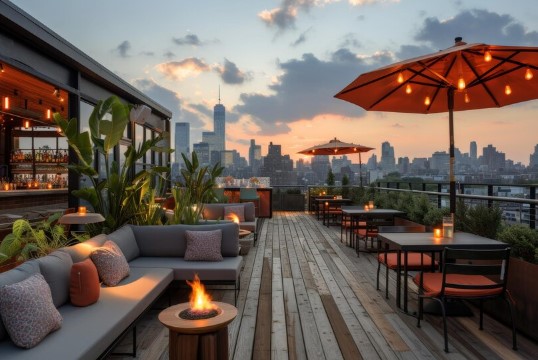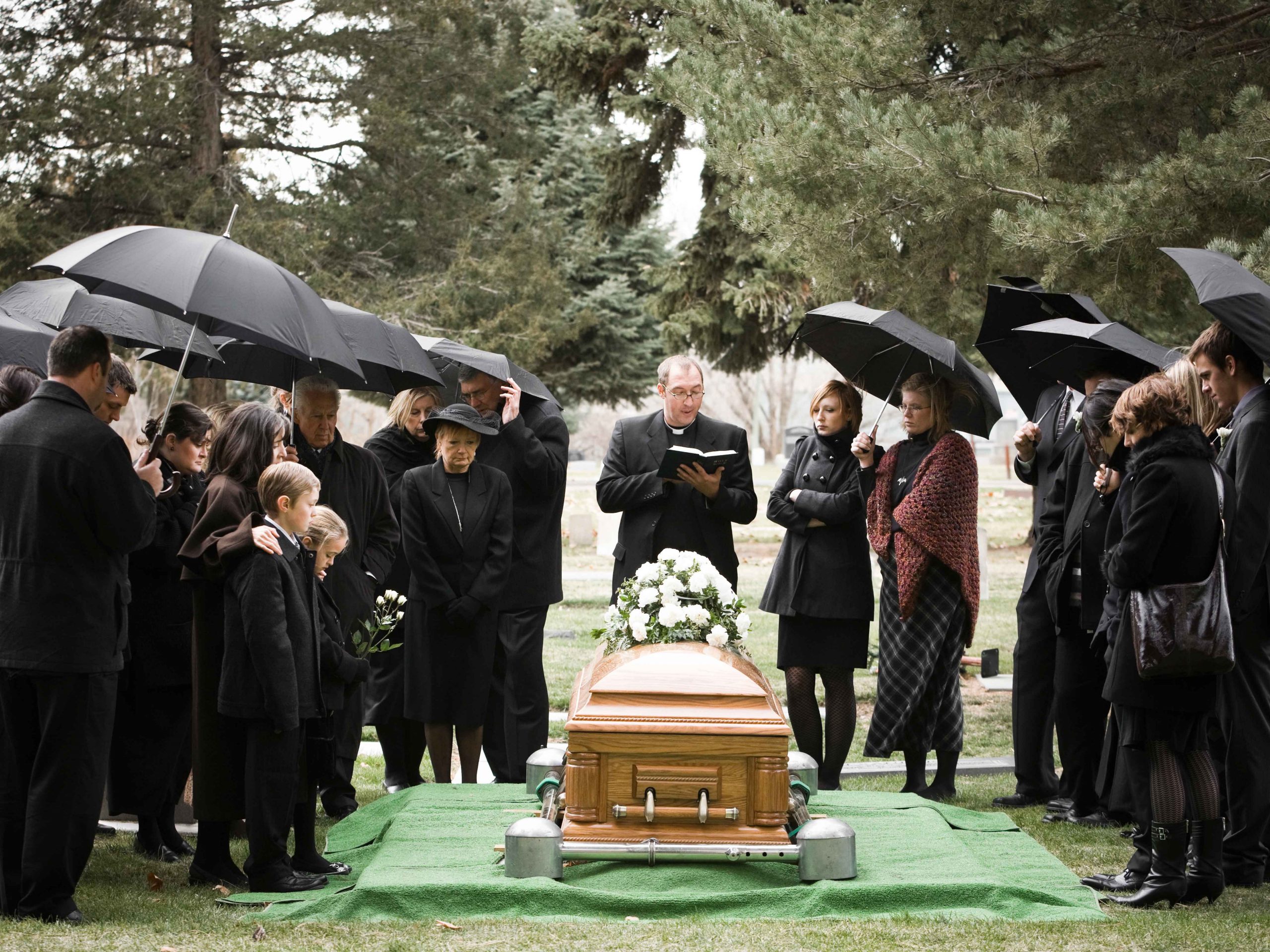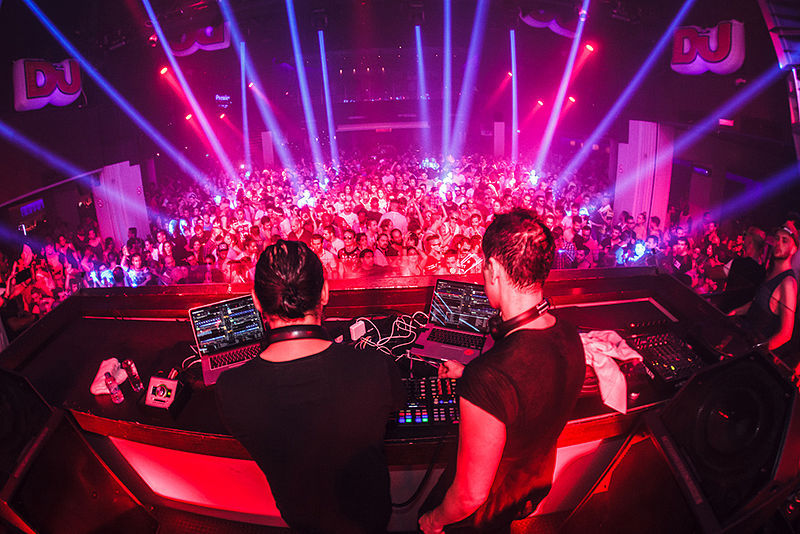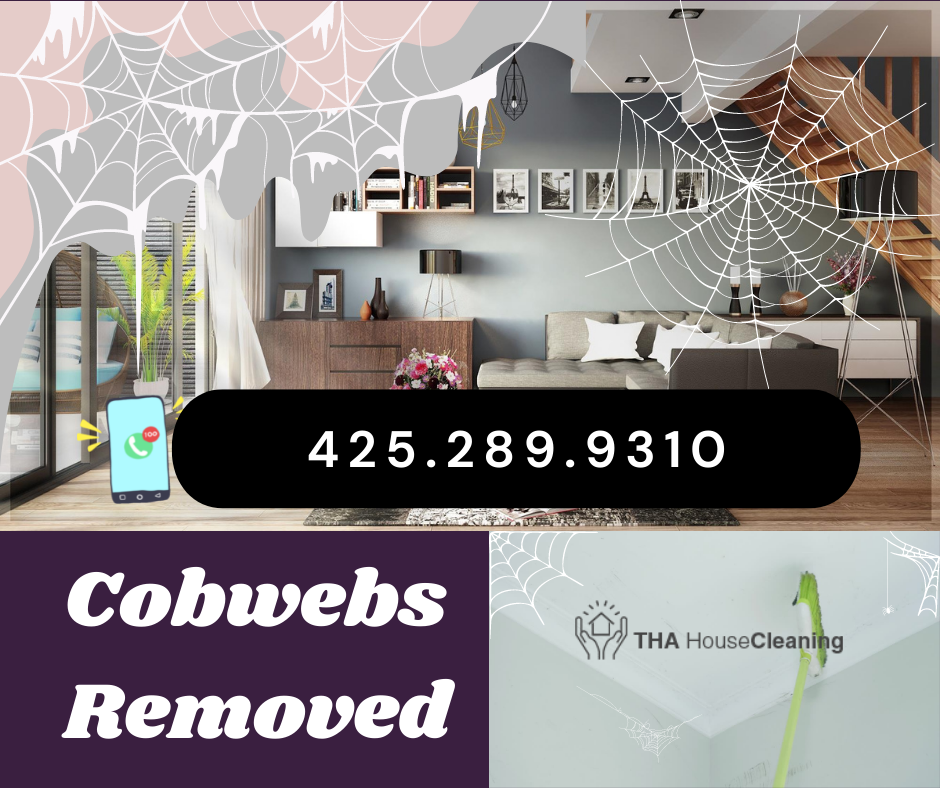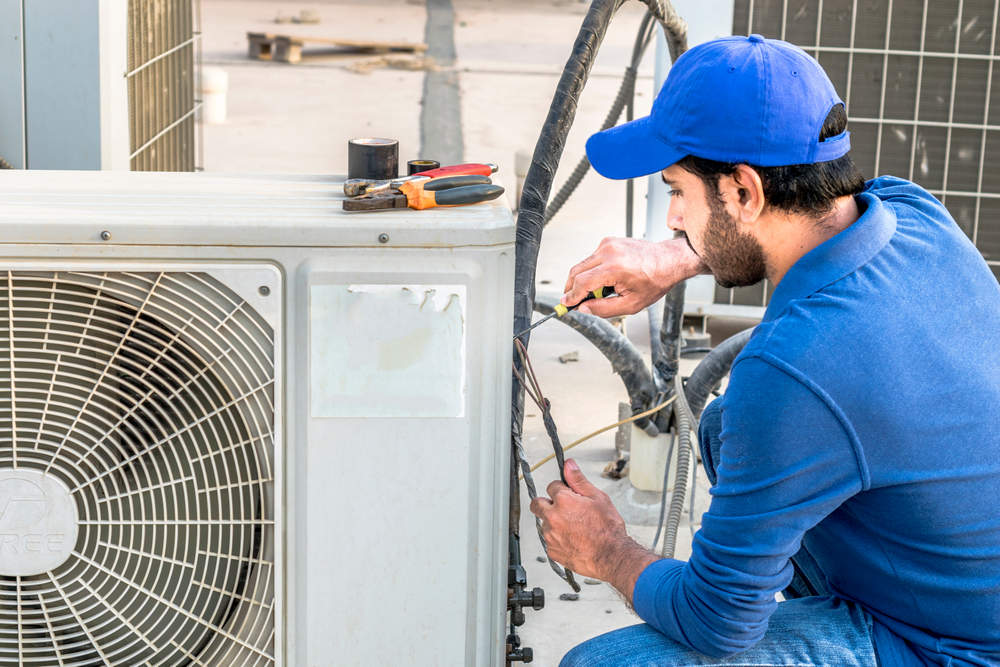Chicago, known for its rich culture, iconic architecture, and vibrant nightlife, has become home to a hidden underbelly of illegal clubs that continue to thrive despite law enforcement efforts. These underground establishments, often disguised as private events or secret social gatherings, present a growing challenge for both authorities and residents. This article explores the rise of illegal clubs in Chicago, the dangers they pose, and the city’s efforts to curb their existence.
The Rise of Illegal Clubs in Chicago
Illegal clubs are typically venues operating without the required permits, licenses, or regulations. These clubs often function out of residential buildings, warehouses, or even abandoned businesses. In many cases, the owners or organizers of these illegal establishments find loopholes to avoid regulation, sometimes claiming to be private clubs or invitation-only events. The appeal of these spaces lies in their sense of exclusivity and the ability to operate outside the constraints of the law.
Chicago’s nightlife scene has seen a resurgence in recent years, with new bars, nightclubs, and entertainment venues popping up across the city. While most businesses comply with zoning laws and safety regulations, illegal clubs are deliberately hidden from view. They often use social media platforms or word-of-mouth to attract their clientele, creating an underground culture that can be difficult for authorities to monitor effectively.
How They Operate
Illegal clubs tend to operate in the shadows, relying on secrecy to remain undetected. These venues often charge steep cover fees, sell alcohol without proper licenses, and host live music or performances without following necessary safety measures. In some cases, the clubs may be unregulated in terms of fire safety, occupancy limits, and health codes, creating serious risks for patrons.
The interior of an illegal club is often unmarked, with minimal signage to avoid drawing attention. These venues might be located behind unmarked doors or disguised as other businesses during the day, making them hard to find for anyone not in the know. Typically, clubgoers receive an invitation through exclusive online groups or personal referrals. The allure of a secret club, hidden away from mainstream society, contributes to the popularity of these venues, especially among younger crowds seeking an alternative to traditional nightlife.
The Dangers
While illegal clubs may seem like an exciting and edgy alternative to mainstream nightlife, they pose significant risks to public safety. The lack of regulation means that there are no guarantees that fire codes, sanitation protocols, or crowd control measures are being followed. In the event of an emergency, the lack of trained staff or proper infrastructure could have devastating consequences.
Furthermore, illegal clubs often attract criminal activity, such as drug use, underage drinking, and even violence. The absence of security and oversight makes these clubs a breeding ground for illicit activities, putting both patrons and the surrounding community at risk. Law enforcement has reported incidents of shootings, overdoses, and other violent acts linked to illegal clubs in the city.
Chicago’s Response
In response to the growing prevalence of illegal clubs, Chicago officials have ramped up efforts to shut them down. Police regularly conduct undercover operations to infiltrate these venues and identify those operating without licenses. The city has also increased its focus on cracking down on unlicensed alcohol sales, which is often a hallmark of illegal clubs.
Despite these efforts, illegal clubs continue to be a persistent issue. Their covert nature makes it difficult for authorities to keep up, and as long as there is demand, these underground venues are likely to keep appearing. Community outreach and awareness campaigns have become essential tools in educating the public about the dangers of illegal clubs and encouraging people to report suspicious activity.
Conclusion
Illegal clubs in Chicago are a growing concern that highlights the dark side of the city’s nightlife. While they may offer an air of exclusivity and rebellion, they come with serious risks to public safety and well-being. As authorities continue their efforts to dismantle these underground venues, it is essential for both law enforcement and the community to remain vigilant in keeping Chicago’s nightlife both safe and regulated.


